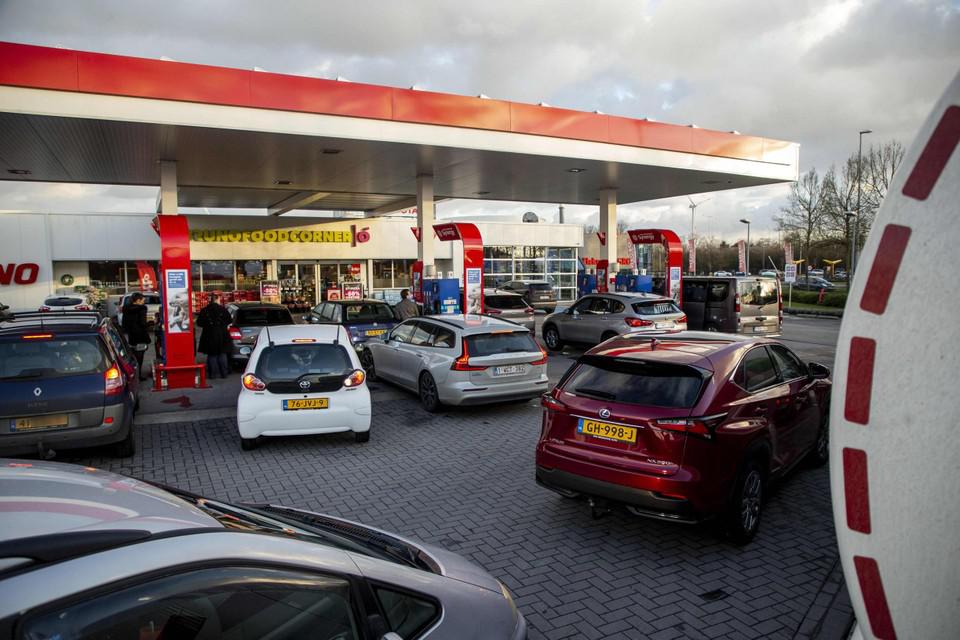It is not exceptional that Mark Rutte uses strong texts. About football supporters at a corona demonstration (‘snorted hooligans’), against Geert Wilders (‘I will break down that game of yours to the last seat’), about high-earning entrepreneurs who threaten to leave the country if they think they have to pay too much tax. (‘Then you fuck off, toedeledokie’). And every now and then Rutte admits that his texts are not always handy or unworthy of a Prime Minister.
But he has not regretted his comment to Jinek this week that Russian President Putin is paranoia. During his weekly press conference, Rutte avoided using the word again, but did indicate what he believes has happened to Putin over the years: he has been radicalized.
–
–
In 2011, Putin withdrew his opposition to a UN Security Council resolution that would allow military intervention in Libya to end the misdeeds of dictator Ghadaffi. The Russian leader hoped to gain influence in the North African country with this. But in the military actions led by the British and Americans, Russia was sidelined. It no longer played a leading role on the world stage. After two months, Putin already regretted not using his veto power. He compared military intervention to medieval crusades.
From that moment on, Rutte thinks, Putin mistakenly believed that he had become a second-class power and longed for the days of yore when the Soviet Union was still a world power. The old relations, with former satellite countries on the lead of Moscow, had to be restored. Putin’s motivation led to the war in Georgia, the annexation of Crimea, the meddling in Kazakhstan and now the invasion of Ukraine.
–
–
Heavy economic sanctions from the US, Canada, the EU and NATO should force Putin to withdraw from Ukraine. According to Rutte, these sanctions are very strong – ‘thousand times heavier than with the annexation of Crimea’ – and will have an effect on the regime in Moscow. That is why the Netherlands insisted that Putin himself be placed on the sanctions list. That was even more important to Rutte than excluding Russia from international payment transactions. Putin on the sanctions list is already quite symbolic, Rutte believes, but it also really means something materially. But it is not known how many assets and bank accounts Putin has outside of Russia.
In times of crises, the Dutch people rally behind their leader. You saw that during the corona pandemic, certainly in the beginning. And now Rutte can count on very broad support among the population and in parliament. Almost all parties support the global approach to repent Putin. Only Thierry Baudet is in the game differently. From the back seat of his car, he admonishes us in a video: “The West caused this; everything must become American.”
–
–
But Baudet is completely alone, with only a handful of party members and corona deniers behind him. The rest of the country regards the invasion of a sovereign state as the biggest violation of international law – by far, according to Rutte – since the outbreak of the Second World War. Harsh sanctions, not economically military, are therefore inevitable.
It will not immediately make Putin see the folly of his longing for old Soviet times, it will take some time. But in the end, a normal conversation with Putin along the lines of French President Macron’s mediation effort is still possible. These are the words of the incorrigible optimist Rutte, but they are not untrue.
–
–


